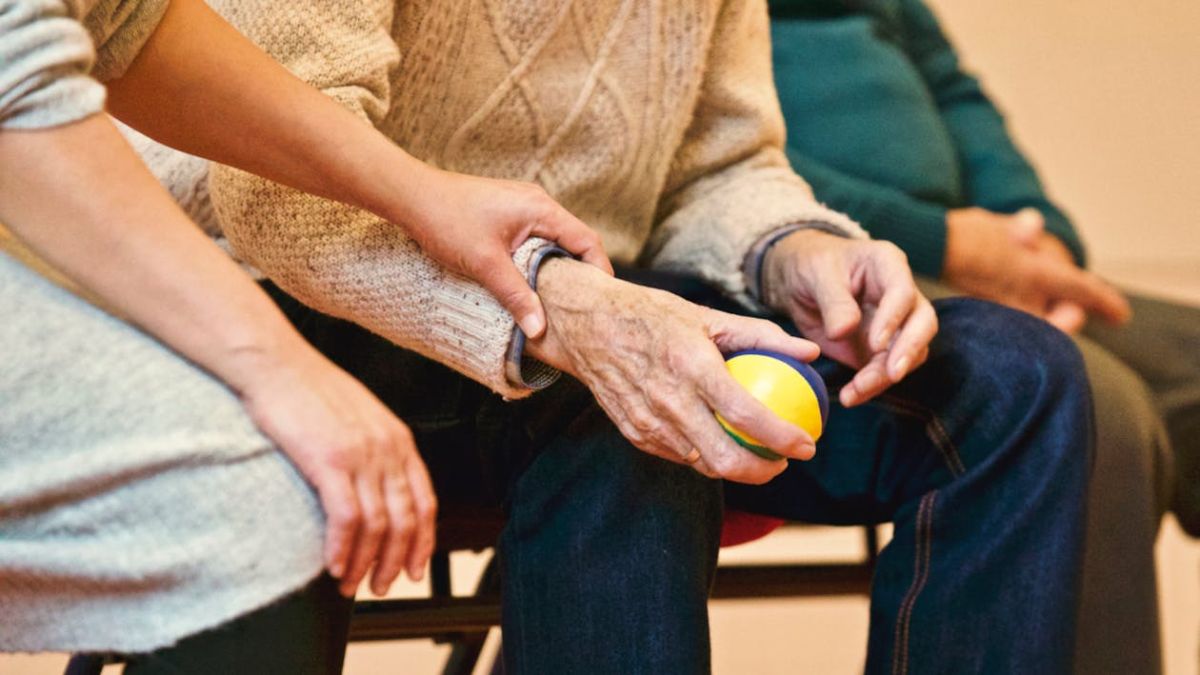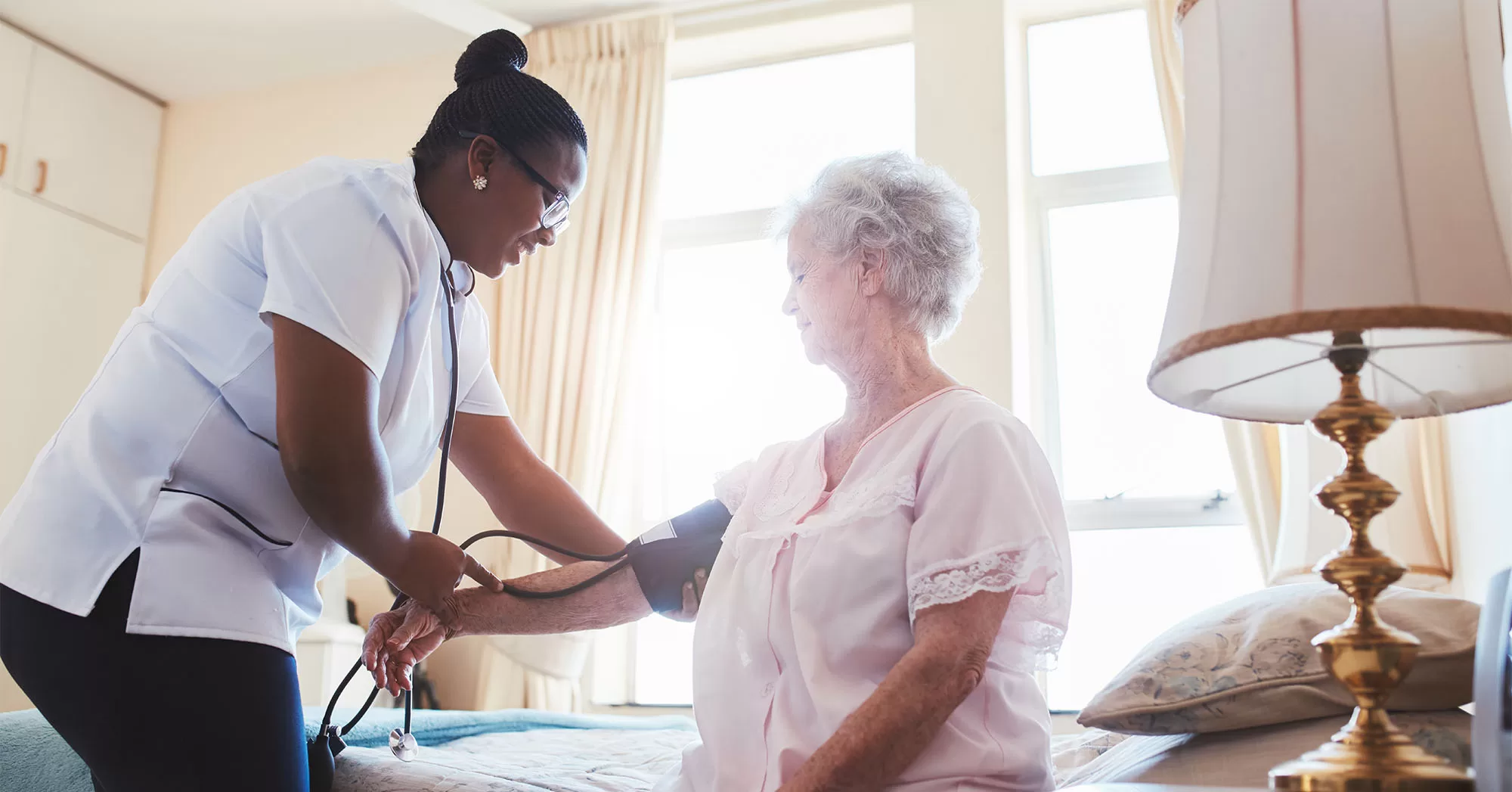A home visit from a nurse is a valuable tool that can be used to determine the health and wellness of an individual. The visit can also predict future problems and help stop them before they occur. During a home visit, I will look at the overall cleanliness of the home. This is important because it demonstrates if the patient is being well cared for and if she can care for herself. When visiting clients in their homes you can never be sure of what you are going to learn about them.

Take note of the environment in the home:
I have seen well kept and unkempt, clean and filthy, organized and disorganized, old and new residences. I have seen well-stocked refrigerators as well as pantries with little or no food. I have noticed fire hazards, fall risks, and accidents waiting to happen. I have talked about the antique dresser from the patient’s grandmother, I have complimented artwork – often done by the patient – and noticed unusual collections like owl ceramics. Clear pathways, adequate lighting, throw rugs and loose flooring can all be potentially disastrous. Our goal is to always help the patient take care of these hazards to avoid injury.
Another important role of my visit is to get to know the patient and what is important to her. This is a chance for me to learn about the patient’s hobbies, interests, and priorities. The patient may be waiting for the day that she can be well enough to go back to her weekly bingo game. She may want to strengthen her muscles so she can walk her dog once again. Maybe she wants to bake cookies for her grandchildren. Once I have this information, I will develop a plan to help the patient reach their goals.
Determine the patient’s overall health::
Besides the home environment, I also have to determine the status of the patient. Are they sick? Confused? Hungry? Cared-for? Is the patient having symptoms that I can address or do they require a hospital visit?
I often start with a simple conversation so the patient can be at ease and I can gather information without being intrusive. I ask about the weather, what they ate for lunch, or what their plans are for the day.
Developing an open dialogue with your client:
One patient, we’ll call her Mrs. McCormick, was a pleasant older lady. She appeared to be in good health and her home was neat and clean. We had a long and comfortable conversation and nothing seemed out of the ordinary. I asked her my usual nursing questions and she answered appropriately.
Towards the end of our visit, Mrs. McCormick made a comment about the new “water pill” she was taking. A diuretic (water pill) is commonly prescribed to reduce fluid retention in an individual. I was not aware that Mrs. McCormick was taking a new medication and I was so glad she mentioned it. We sat back down and discussed the new pill, the purpose, frequency, and expected side effects. I spoke to Mrs. McCormick about the important role that this pill has in keeping the fluid balanced in her body and why this is significant. Mrs. McCormick had begun taking this new medication but was upset by the side effects and had discontinued it at her own discretion. We called her doctor together to address her concerns and came up with a plan to monitor her use so we could be sure that the medication continued to be necessary. I also reviewed some tips with Mrs. McCormick so she could minimize the side effects and continue taking the medication.
I was fortunate that Mrs. McCormick felt comfortable sharing this seemingly insignificant piece of information with me so we could safely address her concerns together. It was a perfect example of why establishing an open dialogue with your patients can, in the long run, contribute to their overall well-being.






